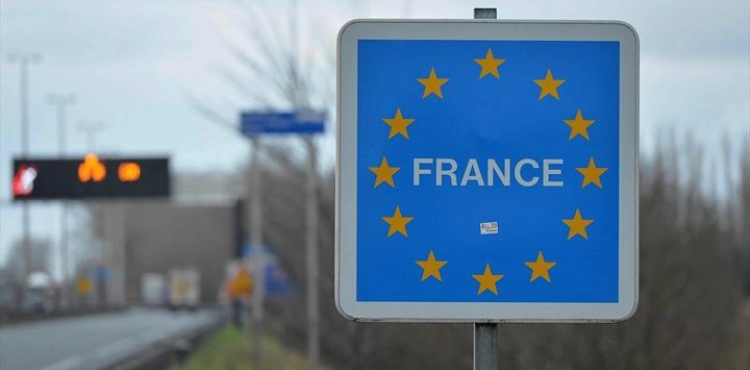Paris _ Agencies
The French authorities have decided to renew their six-month surveillance on the Country´s borders, which was re-imposed in the evening of the November 13, 2013 attacks, saying the terrorist threat remains "very present" on its territory, according to an Agence France-presse Document.
The monitoring, which is expected to be completed by the end of October, will be extended until 30 April 2019, according to a memorandum of the French authorities addressed to the Council of the European Union representing the governments of the Member States of the Union.
This is not a systematic observation, but the possibility of resorting to identity checks at borders, in exception to the rules of free movement in the Schengen Space.
The ordinance includes the land border with belgium, luxembourg, switzerland, Italy and spain, as well as the air and sea Borders.
The government said in the document that "the terrorist threat remains very much in france" to justify the measure, which is supposed to be exceptional.
According to the document, "2018 has today been marked by two attacks adopted by the Islamic state, which killed five people and 20 wounded" in france, and "five Projects of terrorist attacks" since the beginning of the year in this country.
The French authorities consider the dangerous isolated individuals to be "able to move in the eu."
She also noted that "the risk of the return of foreign terrorist fighters from European citizens is growing with the disarmament decision, which was announced by Turkey and Russia in the last jihadist enclave in badab, syria," which includes about 10,000 terrorists, among them probably 400 French citizens or foreigners residing in france. "
In the face of a "terrorist cell" that is spreading in many countries to complicate the task of intelligence services, the renewal of border controls is self-imposed, according to Paris.
In total, six countries will re-activate control of their borders within the Schengen space (france, germany, austria, denmark, Sweden and Norway) for security reasons, as well as the movement of migrants who illegally enter the European Union across the Border.
Many states, as well as the European commission, regularly express their concern that these extraordinary measures will become normal and lead to the end of the Schengen Space.
This space for free movement, in which border controls are abolished in normal times, currently consists of 26 states, 22 of which are members of the European Union.












